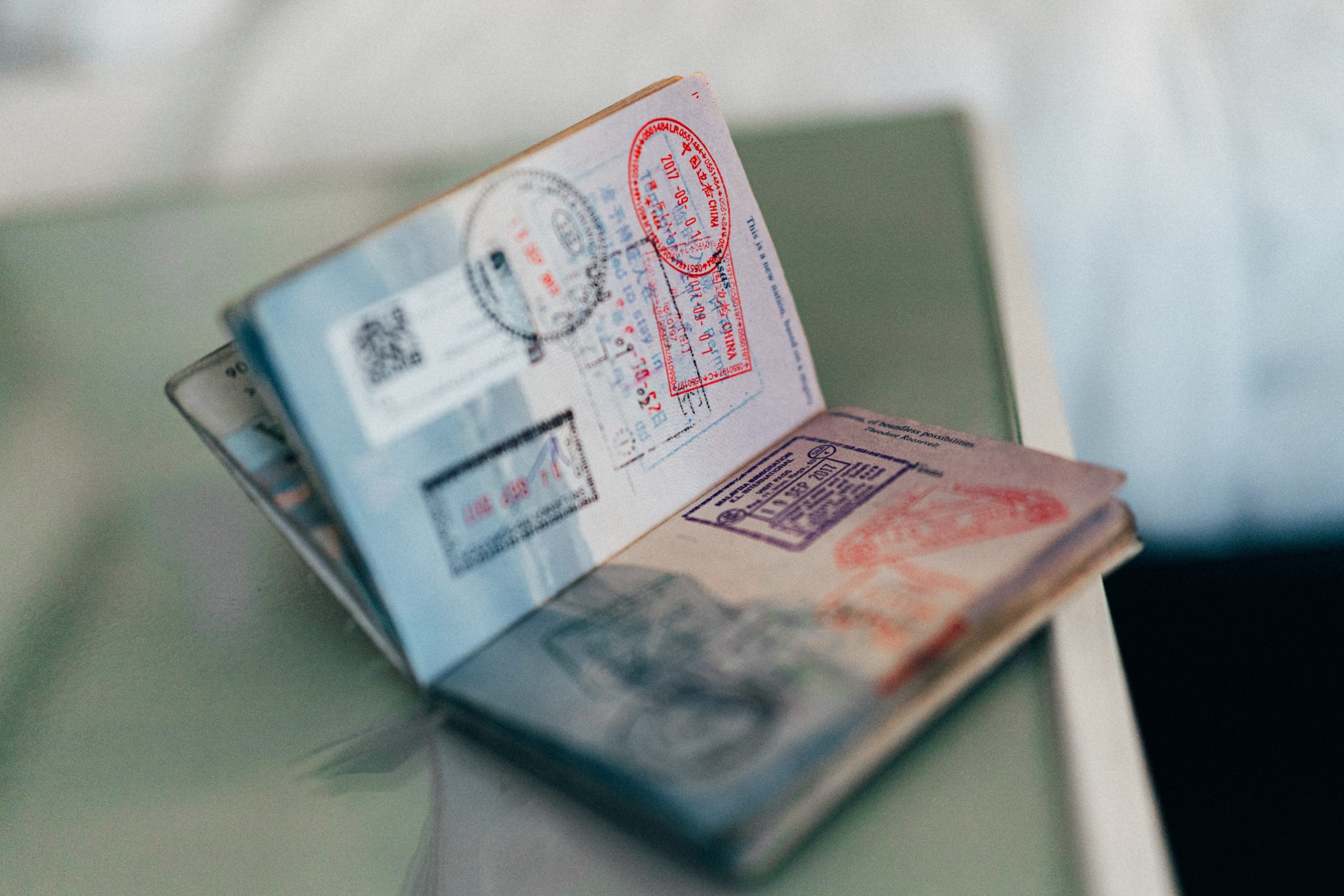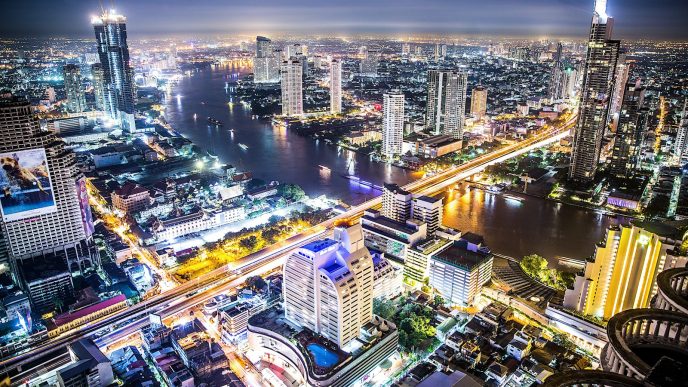The United Kingdom is a popular destination for individuals from around the world, seeking opportunities for work, education, tourism, or to join family members. Understanding the various UK visa types and immigration processes is crucial for a successful and seamless journey.
A UK visa is a vital document that allows entry into the United Kingdom. It can be in the form of a stamp in your passport, or a document issued by a British consulate or embassy in your home country. Whether you plan to visit the UK temporarily or settle permanently, obtaining a UK visa is an essential step in the immigration process.
UK visas serve various purposes, catering to the diverse needs of individuals. Let’s explore some of the most common types of UK visas
- Business Visas
For individuals planning to engage in business activities in the UK, there are specific visas available. These visas enable entrepreneurs, investors, and business professionals to contribute to the UK’s economy. Examples include the Innovator visa, Investor visa, and Start-up visa.
- Family Visas
If you have family members already residing and working in the UK, you may be eligible for a family visa. This type of visa allows you to join your spouse, partner, child, parent, or relative in the UK for an extended period. The Spouse visa, Fiancé visa, and Unmarried Partner visa fall under this category.
- Settlement Visas
Settlement visas, also known as Indefinite Leave to Remain (ILR), grant individuals the right to live, work, and settle permanently in the UK. To be eligible for ILR, one usually needs to have resided in the UK for a minimum of five years and meet specific criteria.
- Study Visas
The United Kingdom is renowned for its world-class educational institutions, attracting students from all corners of the globe. Study visas allow international students to pursue their academic ambitions in the UK. Student visas, Child Student visas, and Short-term Study visas cater to different educational needs.
- Transit Visas
For individuals passing through the UK en route to another country, transit visas may be necessary. These visas ensure a smooth transit experience and require individuals to prove their intention to continue traveling beyond the UK.
- Visitor Visas
If you plan to visit the UK for leisure, tourism, medical purposes, or to visit friends and family, a visitor visa is the appropriate choice. These visas grant individuals the right to stay in the UK for up to six months for non-work-related activities.
Applying for a UK visa involves specific procedures and requirements, varying based on the type of visa you are seeking. Here are some general guidelines to consider:
- Determine Visa Type: Identify the most suitable visa category for your purpose of visit, considering factors such as employment, education, or family-related matters.
- Gather Required Documents: Each visa type requires specific documentation. Generally, you will need your passport, photographs, relevant visa application forms, proof of accommodation, proof of funds, and a travel itinerary.
- Submit Application: Complete the application form accurately and submit it along with the required documents to the appropriate UK authorities. Ensure that you meet the specific eligibility criteria for your chosen visa category.
- UK Visa Processing Time: The processing time for UK visas can vary depending on factors such as the type of visa and individual circumstances. It is advisable to plan well in advance and be prepared for potential delays.
UK visa applicants are required to pay fees to the Home Office for processing their applications. The amount you need to pay depends on the type of visa and the country from which you are applying. Here are some examples of UK visa application fees:
- Visitor visa (valid for up to 2 years): £489
- Student visa – main applicant and dependents: £490
- Tier 1 investor – main applicant and dependents: £1,292
- Family visas – Adult dependent relative: £3,250
Please note that these fees are subject to change, and it is essential to refer to the official UK government website for the most up-to-date information.
To track the progress of your UK visa application, you could contact the relevant visa application centre if you applied outside the UK. If you submitted your application within the UK, you could get in touch with the UK Visas and Immigration (UKVI), which is a division of the Home Office. Do note that contacting these entities may involve additional fees.
Citizens of Kuwait, Oman, Qatar, or the United Arab Emirates have the option to obtain an Electronic Visa Waiver (EVW) instead of a traditional visa. An EVW costs £30 and allows a stay of up to six months for vacation, business, study, or medical treatment purposes. However, it’s important to check if your specific travel reason requires a different type of visa.
Indefinite Leave to Remain (ILR) is a residency status that allows individuals to live, work, and settle permanently in the UK. To qualify for ILR, you typically need to have lived in the UK for at least five years and meet specific criteria. ILR is a significant milestone on the path to British citizenship.
Navigating the world of UK visas and immigration can be complex, but with the right information and guidance, you can successfully obtain the appropriate visa for your needs. Remember to consult the official UK government website for the most accurate and up-to-date information.








